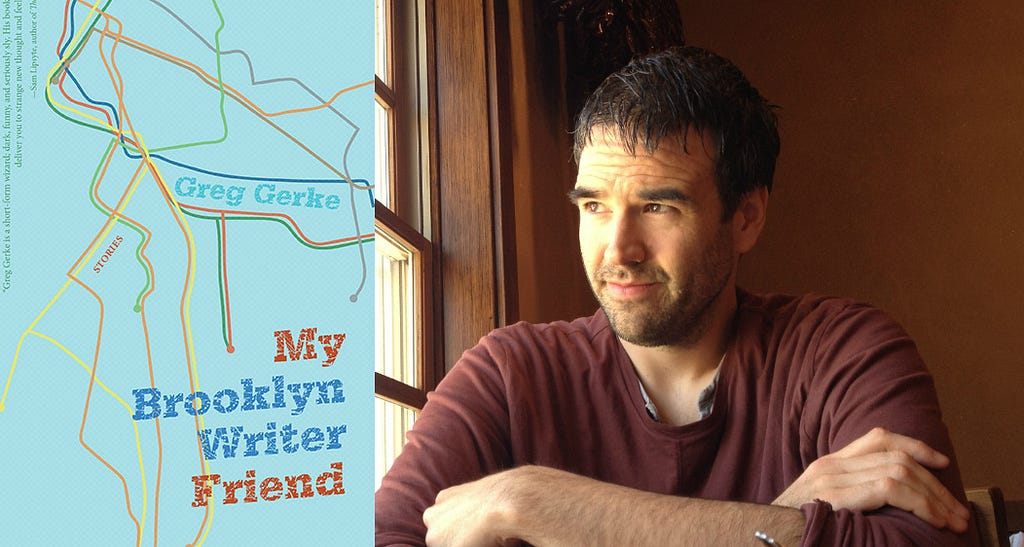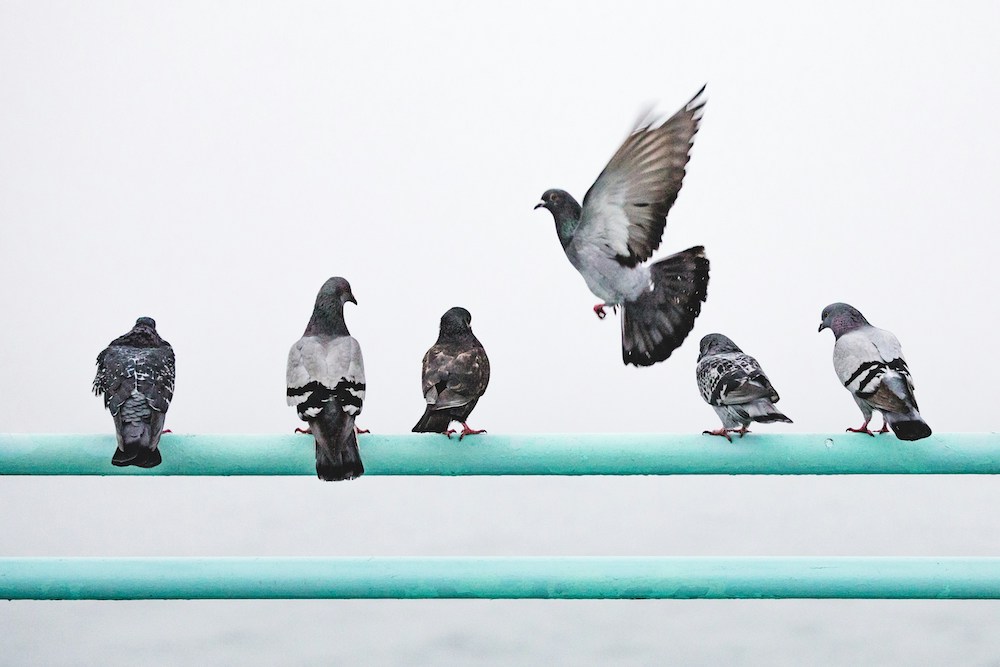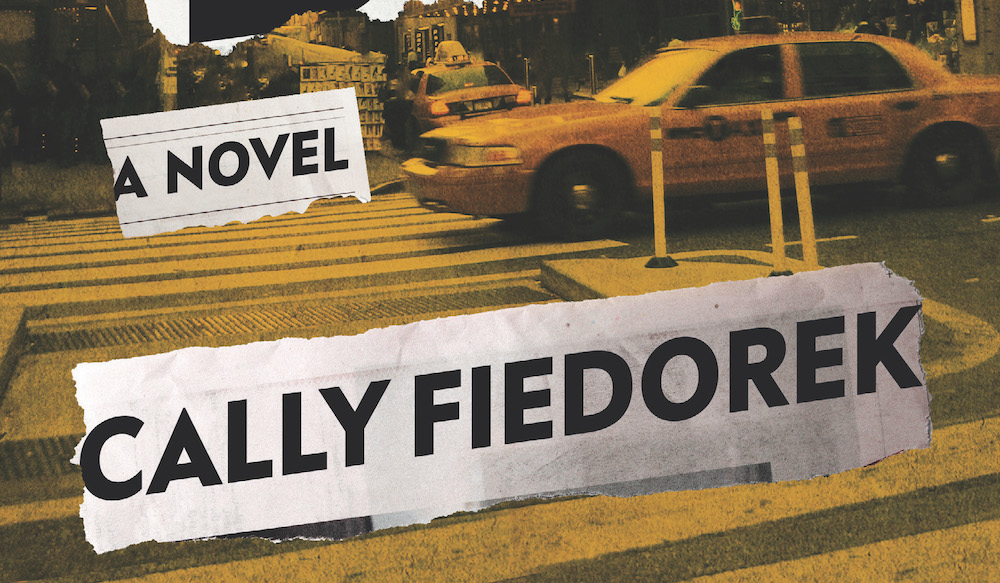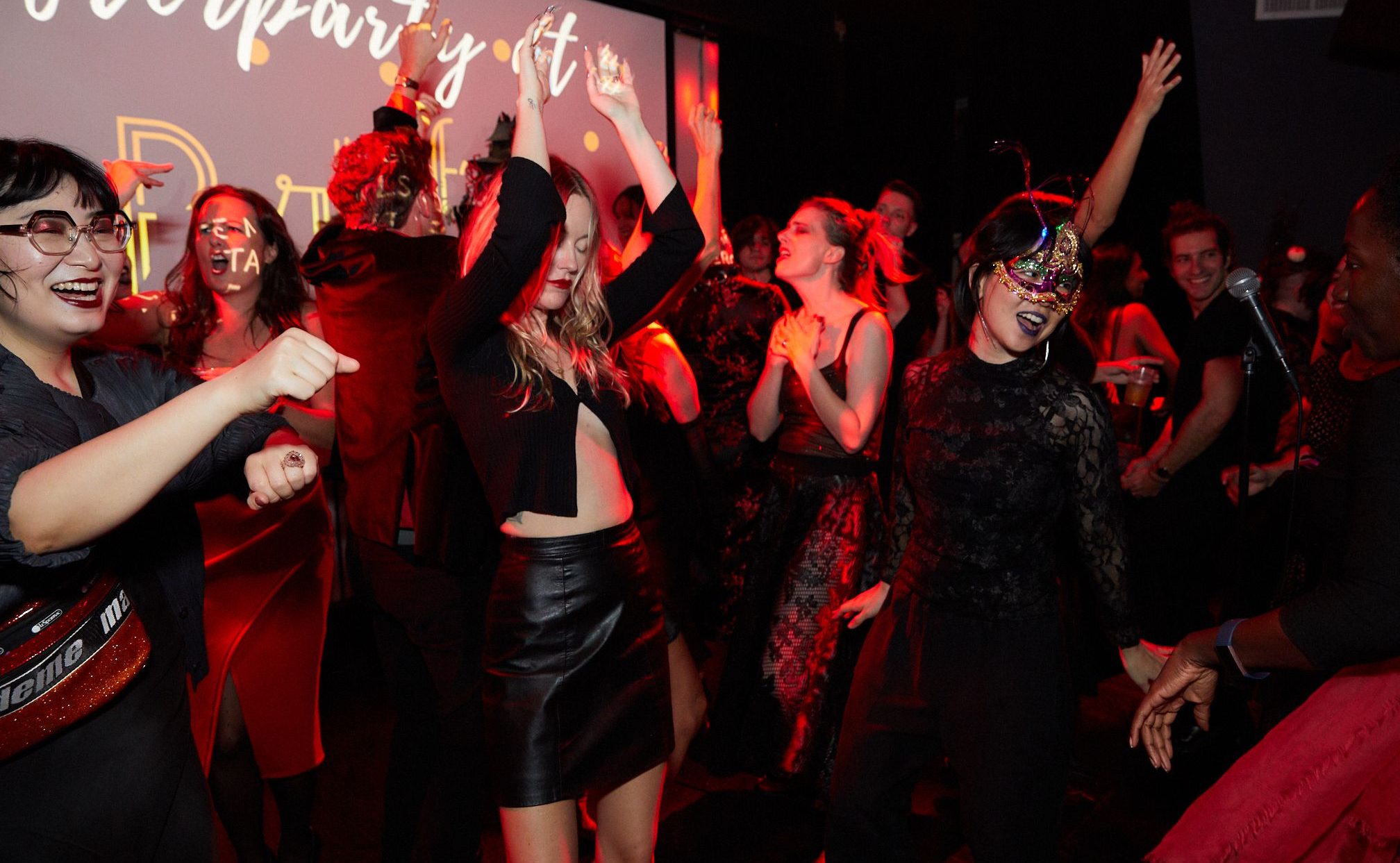interviews
Friction Makes The Best Comedy: An Interview With Greg Gerke, Author Of My Brooklyn Writer Friend

by Ravi Mangla

The hapless narrators of My Brooklyn Writer Friend (Queen’s Ferry Press 2015) struggle to navigate the turbulent waters of love and art. The thirty-eight stories contained in this collection pendulum deftly between the comic and the heartbreaking. Despite its title, the borough of Brooklyn remains at the periphery, its presence felt most keenly through the anxieties of its characters. These pieces venture beyond the simple task of spinning a good yarn, interrogating the very process through which stories are created and told. John Haskell describes it this way: “Greg Gerke writes like an anthropologist of love, or like a Brooklyn-based Sigmund Freud, walking down a Mobius boulevard, finding the truth as it flowers in the cracks of the sidewalk.”
RM: Writing about writers is treated as taboo. Students are cautioned against it. Journals can be dismissive of the practice. Yet plenty of canonical works of literature have been self-reflexive in nature. Even with their diminished standing in our culture, is there still value in creating stories about writers?
People who voluntarily face their own failure to measure up to Shakespeare, Cezanne, and Kubrick are pretty inspiring to me.
GG: If Virginia Woolf had written about things I see little value in, like the New York Yankees, the presidential election cycle, or cupcakes, I would have dropped everything to read it. The subject of a piece of writing doesn’t interest me nearly as much as the style. If the characters were janitors, would what I wrote be less true? Some people argue that all writing is autobiographical, and I agree. We are always writing what we know whether we like it or not. Everything we’ve sensed, felt, and experienced goes into the sentence, right? Scribbler or janitor, the feeling behind each, even if the details changed, would be relatively the same. I suppose it is easier to write about a writer, but I’m just more interested in creative-types, no matter their art. People who voluntarily face their own failure to measure up to Shakespeare, Cezanne, and Kubrick are pretty inspiring to me.
Maybe the taboos have been strengthened by all the overexposure of the self. Years ago, I was taught that there is the poet, the speaker of the poem, and the language itself, which is another thing altogether. Similarly in fiction, the character of the writer is many removes from the writer herself. Yet it took years to see that there are so many levels and relationships going on in writing all at the same time, to the point that it’s possible to sense the ghostly words, the ones that could have been used but weren’t, behind those on the page. It seems in any piece of writing there are multiple commentaries going on as the writer writes and many more for each particular reader as he or she reads. As to the writer as a subject, the genre-centric or themed view that dominates our habits from the bookstore, to the literary journal, to Netflix is just a construct. Now it’s de rigueur for a computer to give us a list of “cerebral” movies to watch (a word sometimes taking on the piss-poor connotation of David Lynchy) but how can that work with books? It just seems this fascination with putting everything in its own box is not doing much good, especially as it concerns human relations. It delimits our potential or that of an artwork.
RM: I agree that our tendency to partition texts into tidy categories proves counterproductive most of the time, though it seems the only tool we have to cope with the glut of entertainment and content hailing down on us. So assuming that you’d prefer to have your work defined more by its style than subject matter, how do you plan to respond when confronted (usually by some sweaty stranger at a dinner party) with the question dreaded by all fiction writers: What is your book about?
GG: Yes, a sweaty stranger. And usually they say, You’re a writer? Well, I’ve got some stories for you. Or, Oh yeah, I write too. The book? About? I prefer the Kubrick answer of, “I don’t think that writers or painters or filmmakers function because they have something they particularly want to say. They have something that they feel.” But if at gunpoint, I would say it’s about love, and the avoidance of it, no matter how cliché that sounds. There is no crime, murder, or superhero — it’s just emotion. And it came out in these short forms better than any other I could think to transmit in — now it’s more in essays and longer fictions. If someone really wants to know a writer, the answers are in what she writes. In interviews many are cautious and entertaining, like politicians. In person, secretive and calculating. But in the work, the emotions are uncensored. The work is the thing. The unconscious or muse or mixture of the two, in concert with what one has lived through, is as honest as we get. I don’t mean literal truths, but emotional ones. How they feel about the world and themselves. When Henry James writes, “Suffering, with Isabel, was an active condition; it was not a chill, a stupor, a despair; it was a passion of thought, of speculation, of response to every pressure,” in The Portrait of a Lady, he uses all the sounds of the language, especially the sss’s, to convey the feeling of feeling, of being an “active” agent in the world, but he also unveils what he himself is about — psychology.
RM: The humor in this collection is wonderfully sly and understated. It doesn’t seek to draw attention to itself or undermine the larger narrative. What influences shaped your comic sensibility?
I don’t think I could survive without satirizing, but in the midst of that, there has to be, for me, tenderness.
GG: It’s hard to think I have a comic sensibility. I feel that is one of those terms only another can bestow on you. Because whatever it is I’m doing, it feels like the most natural thing in the world. But I’m sure, early on, pre-2000 Woody Allen films inspired me, with that kind of erudite sarcasm, though for some years I didn’t get some of his references. Then reading Samuel Beckett must have done something. The fruitlessness of the characters’ situations were, as they say, tragicomic, which seems like the only way to be funny, especially in the face of what the world is really like. An uncle told me to read him when I was twenty, yet probably more than Allen and Beckett, it was this uncle’s sense of humor that I responded to. He had a kind of whimsy, laughing at life like it was all one big Magritte painting. Laughing at how our routines, repetitions, and the things we’ve created, like the ubiquitous ice cream truck jingle, can drive us crazy. I don’t think I could survive without satirizing, but in the midst of that, there has to be, for me, tenderness. Satirizing is a deflection of sorts akin to how we don’t want to think of certain things that then rear up with even more power. It seems that when we are most unaware and cavalier, we do the most damage, and in that we become closer to the people we want to keep away from us. Friction makes the best comedy because of the human hurt it constantly skirts the surface of. The work of Donald Antrim, Lydia Davis, Sam Lipsyte, and Gary Lutz also showed the way, as well as the films of Robert Altman, John Cassavetes, and Stanley Kubrick. I only read them after writing the pieces in the book, but the work of William Gaddis and Stanley Elkin cemented what comic sense I have, where many of their lines are punchlines.
RM: Do you find yourself resistant to books or films without a sense of humor, or artists who take themselves too seriously?
GG: Oh, no. If the tone fits the particular milieu of the art, I don’t think it matters if the work is ribald or solemn. There is little humor in Bergman and none in Antonioni and Bresson, yet all offer the ecstatic in their art. I think it comes down to worldviews, which do change with four seasons flying by every year. The works of artists that do offend me are the more didactic ones, who seem to feel they are doing the world the good service of presenting morality tales in which the deck is stacked in treacly politically correct ways, as the motion picture American Beauty perfectly exuded. This work and others like it are, not so surprisingly, more popular because their thinking is completed and sealed, delivered to the audience pre-packaged to preserve itself for a longer shelf life. True art is itself a question, not an answer. A family member recently counseled me to start writing romantic thrillers a la Gone Girl and Fifty Shades of Gray because of how easily they fit the public’s appetite. I know he was just making conversation, but coupled with this, I’ve thought about smaller presses and hence smaller audience books and how they are received. Still, I haven’t been dispelled of the notion that many people will not respect you if your books don’t make your living. Gilbert Sorrentino quoted Maurice Blanchot’s essay “Reading” in one of his last interviews, talking about the difference between literary books and nonliterary, of which Blanchot says, of the nonliterary:
Reading is not a conversation, it does not discuss, it does not question. It never asks the book — and certainly not the author — “What exactly did you mean?” . . .Only the nonliterary book is presented as a stoutly woven web of determined significations, as an entity made up of real affirmations: before it is read by anyone, the nonliterary book has been read by everyone. . .But the book whose source is art has no guarantee in the world, and when it is read, it has never been read before…
This seems to be a good answer to the conundrum. Commercial works and those didactic are closer in sensibility than many would care to admit. A writer like William Gaddis struggled with these questions all his life. I was particularly touched reading the first biography of Gaddis by Joseph Tabbi that just came out, Nobody Grew But the Business. The commercial failure of The Recognitions, now regarded as one of the best novels of the century, embittered him to no end, and these feelings colored the rest of his works, but he transmuted the bitterness into art (while certainly retaining the outrage at how we live) inserting his failures directly into his later novels, like his unproduced Civil War play he interpolates into his 1994 novel, A Frolic of His Own, thirty some years after it was written.
RM: The stylistic diversity (and sheer quantity) of the stories must have presented some challenges when it came to ordering the collection. What was the logic behind the architecture of the book? Are there any thematic threads you only became aware of during the assembly process?
I remember sitting on a bench in Prospect Park, looking at its Long Meadow covered in snow and ice, and writing these stories in longhand while gloved. It was a low point in my life…
GG: The funny thing was, I basically ordered them chronologically, and this is mirrored by the first section making reference to autumn and a later one to winter. It is a diary of sorts and few proper nouns are used after that first section. With a few exceptions, all of the stories after the first section were written within a few weeks of each other, during a very grueling winter. I remember sitting on a bench in Prospect Park, looking at its Long Meadow covered in snow and ice, and writing these stories in longhand while gloved. It was a low point in my life, reflected in the themes of the book. I don’t know why I started using the term “friend” in many of the stories — loneliness is the best but most obvious excuse. But I was very aware that they all boiled down to relationships and breakups, that’s why I call it a diary, but some writer’s diary or personae, not mine. When I looked at them all a few years later, I could clearly see that time in my life and the writer I was, and the overall disunion the former carried, though because it’s been lived it can be packaged as anecdote and youth while relaxing with an americano, but really it was necessary. Writing short pieces fit that time and I haven’t composed any since — it seemed like a farewell to flash fiction as well as a farewell to a psychology that would not help me find contentedness and happiness.
RM: Could you see yourself returning to flash in the future? Or has the form runs its course, so to speak? What do you have in the hopper?
GG: I’m not sure about a return, but it’s so hard to set a limit on which way your art will go. There might be one day when I wake up and all that I have to say are short things, or the rueful day when there might be nothing to say. In the hopper is a novel and a memoir of early life in thrall to Kubrick and the eventual break away to do one’s own work.









